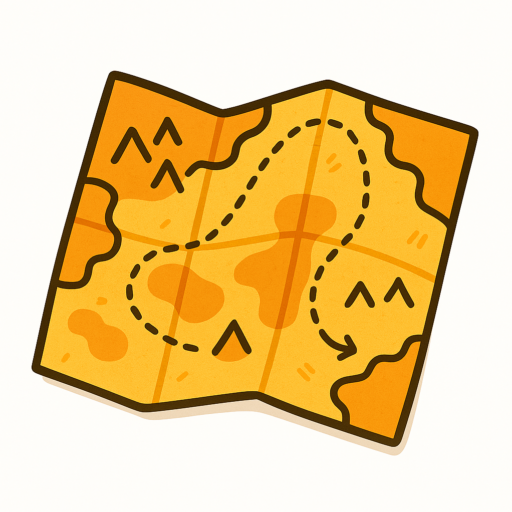*This article is part of the TOK Roadmap — a visual, all-in-one guide I created to help you ace Theory of Knowledge. [View the full roadmap here.]
In this post, I share
- My idea of an ideal TOK class, why it’s confusing to many students, and how I can help you understand TOK as a subject
IB requires at least 100 hours of TOK teaching but doesn’t provide a strict curriculum. This gives teachers a ton of freedom to design their course in a way that works best for their students/within the school system.
But this flexibility also means students’ experiences with TOK can vary a lot. Some schools have dedicated classes and lots of support for students, while others don’t. I created this resource to address this reality — to offer a clear, student-friendly guide no matter what kind of TOK experience you’re having.
My ideal TOK class
In my opinion, an ideal TOK program would prepare you well for both asking and answering questions about knowledge
1) You first learn how to ask ‘knowledge questions,’ and by doing so, get exposed to many different areas of study. Asking these open-ended questions inspires meaningful class discussions.
2) Now when it’s time to answer some of these knowledge questions for grading (the end of year 1… be prepared!), TOK class needs to prepare you for the two major assessments—TOK Exhibition and Essay—and also help you build thinking, analyzing, and writing skills throughout the year. You can practice TOK by answering some of these questions in class exactly as you should when you write the essays.
Sadly, TOK continues to confuse a lot of students. When deadlines approach, many panic — not only because they don’t understand the assessments, but because they still feel lost about what TOK even is.
I made this section of the roadmap to help close the gap in understanding of TOK as a subject, without burdening you with TOK/philosophy lingo that you don’t need.

Leave a Reply